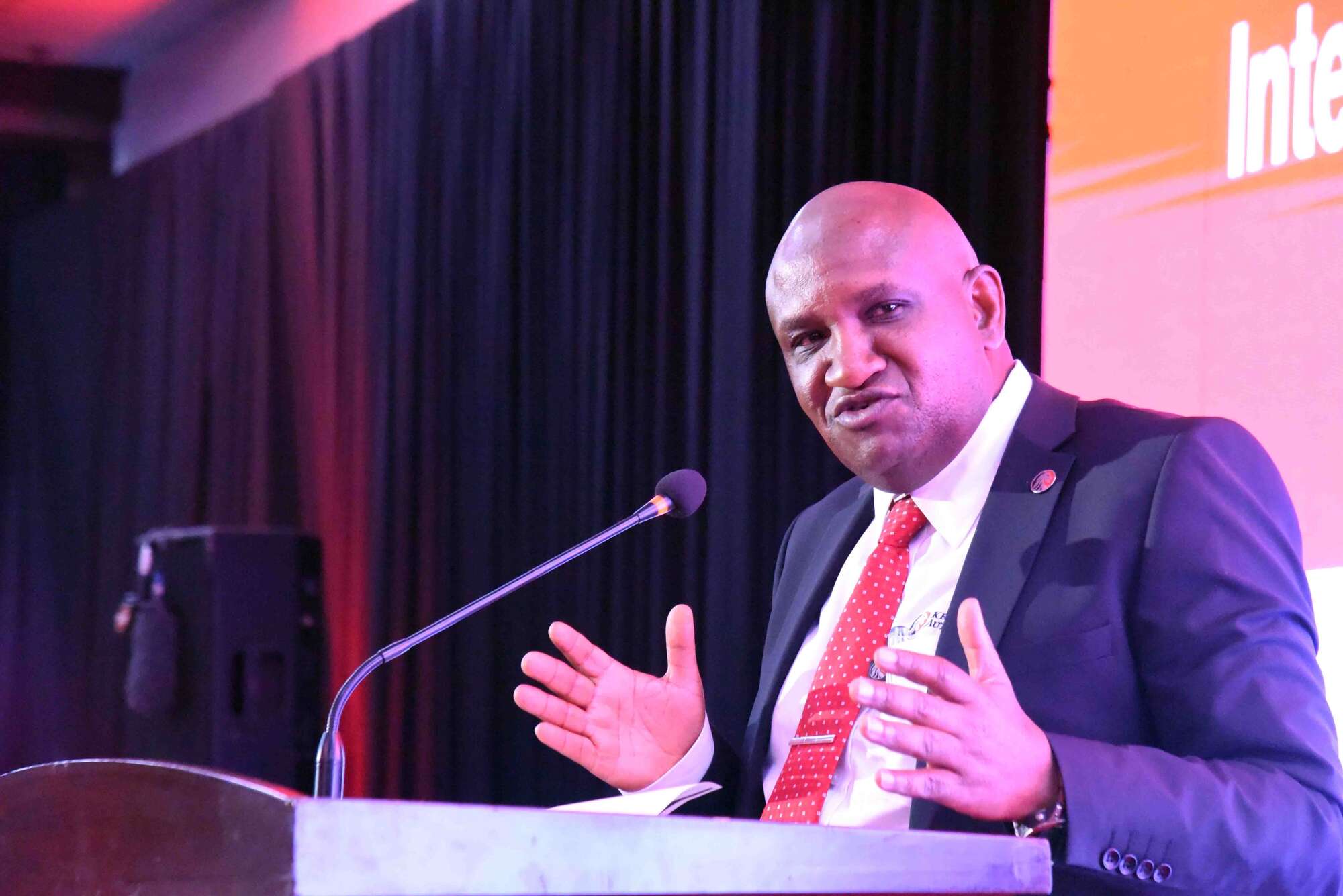President William Ruto may stray from his pro-small business campaign promise,
according to concerns that the government is eyeing a record Sh2.8 trillion from
MSMEs.
The National Treasury emphasized plans for tax base expansion in the challenging to tax
informal sector, with a particular focus on MSMEs, in the 2023 Draft Budget Policy
Statement (BPS).
According to the MSME survey, the informal sector’s potential tax base is Sh2,800
billion, according to Treasury’s study.
KRA has been granted a budget of Sh2.56 trillion for tax collection in the fiscal year
2023–2024; this objective is expected to rise to Sh4 trillion in the medium term.
By directing KRA to ensure every adult Kenyan is registered as a taxpayer, President
Ruto has already signaled his intention to target the pervasive informal sector, where
incomes are frequently unpredictable.
Dr. Ruto expressed disappointment that just seven million people had KRA pin numbers
in October last year, while Safaricom’s M-Pesa had 30 million registered users and
processed billions of dollars daily.
“The fact that KRA still has questions about this possibility shows the need for drastic
adjustments. Every Kenyan with a valid ID should possess a PIN, according to Ruto.
There are complaints about an unjust tax system where a select few bear a
disproportionately heavy tax burden because few enterprises and individuals,
particularly those operating in the formal sector, have been paying taxes.
Additionally, when the economy is weak, the Treasury’s main source of income, income
tax collection, suffers. This was evident in the five months leading up to November of
last year when KRA missed its goal for taxes on profits and wages by Sh32 billion.
Small enterprises must pay a turnover tax of 1% on their monthly sales if their gross
yearly turnover is greater than Sh1 million but less than Sh50 million.
However, despite efforts to integrate with county governments’ databases for registered
firms, KRA has needed help attracting taxpayers.
Principal Secretary for National Treasury Dr. Chris Kiptoo recently declared that the
government would “create a favorable tax framework” for MSMEs to promote inclusive
growth.
The administration of President Ruto, which was elected on the platform of providing
small enterprises with a supportive environment and a fair tax system, is torn between
broadening the tax base to include so-called “hustlers” or making them pay taxes like
every other Kenyan.
According to the National Treasury, MSMEs account for over 85% of non-farm jobs,
making a considerable economic contribution.
After years of denying MSMEs access to low-cost finance to aid their expansion, the
government announced the Hustler Fund, according to the Treasury.
“The Government is dedicated to giving Kenyans access to loans at reasonable rates. To
this purpose, Treasury announced that the government would provide resources each
year to give MSMEs access to the fund through SACCOs, venture capital, equity funds,
and long-term debt for start-up and growth-oriented SMEs.
In the Financial Year 2023/24, President William Ruto set a target for KRA of Sh2.56
trillion, which is expected to rise to Sh4 trillion in the medium term even as he works to
curb the nation’s thirst for debt in the face of increased spending needs brought on by a
downturn in the economy.
The Kenya Kwanza government intends to spend Sh3.48 trillion in the total beginning
in July.
This is an increase from the Sh3.3 trillion budget set aside for the current fiscal year that
ends in June.
The three branches of government—Executive, Parliament, and Judiciary—will spend
the majority of this money—63.1%—while county governments and consolidated fund
services will split the remaining 36.9%.



